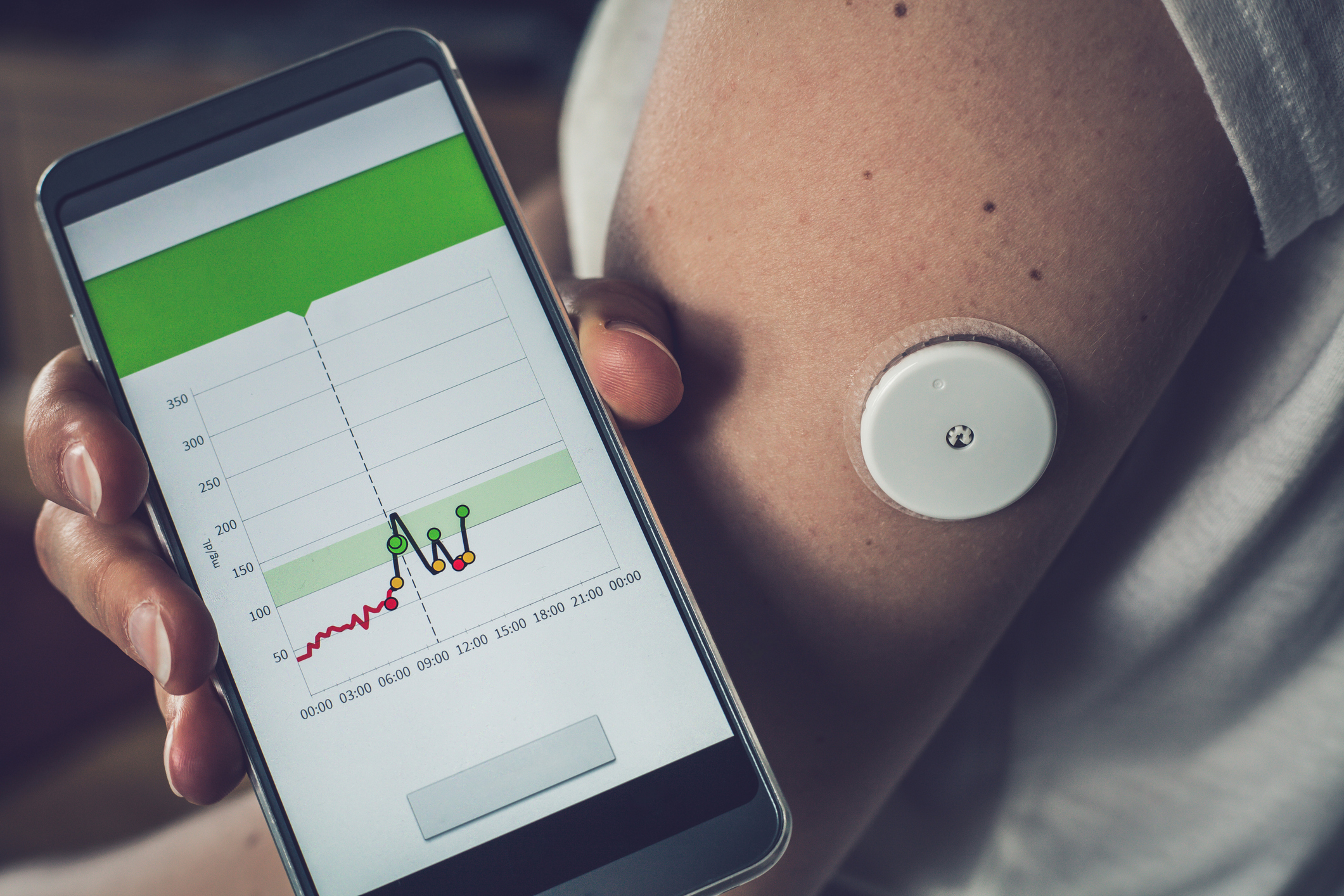
Sadly, we are still in the midst of a diabetes epidemic: Almost 52 percent of adults in this country have diabetes or prediabetes. Fortunately, the American Diabetes Association (ADA) recognizes that nutrition is a powerful tool in managing prediabetes and diabetes, going as far as stating in their Standards of Medical Care that “Reducing overall carbohydrate intake for individuals with diabetes has demonstrated the most evidence for improving glycemia.” (blood sugar).
And research supports this. A new meta-analysis published in BMJ titled “Efficacy and Safety of Low and Very Low Carbohydrate Diets for Type 2 Diabetes Remission” examined 23 randomized controlled trials involving over 1,300 people with type-2 diabetes. Those who followed a low carb diet for six months had more success in managing their diabetes than participants who followed a low fat diet. For participants on the low carb diets, their carb intake ranged from 10 percent of daily calorie intake to 25 percent of daily calorie intake, which would be in line with Atkins 20 or Atkins 40 or Atkins 100.
This is great news if you’re already living Atkins’ low carb lifestyle or have type-2 diabetes and are considering a low carb diet. Reducing your carb intake and eating satisfying foods rich in nutrients, such as high-fiber vegetables; low-glycemic fruits; protein sources such as poultry, red meat, seafood, fish, tofu, eggs; healthy fats coming from avocados, olive oil, nuts and seeds; dairy and even some whole grains eventually, is a lifestyle change that has a meaningful effect on blood sugar levels and is an option available for if you have type-2 diabetes.